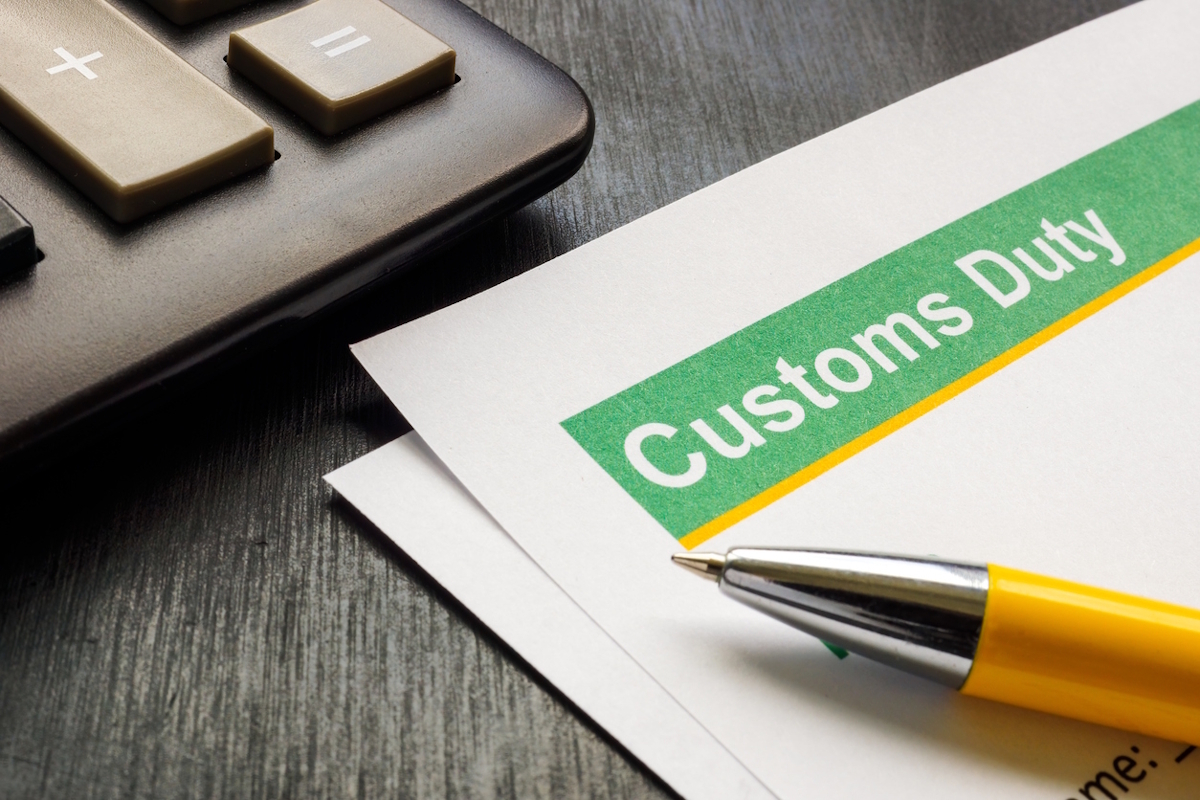Updating the De Minimis tax rules

Dougie Todd at HaysMac explains the need for levelling the small packages playing field for UK retailers
Over the past months, a number of UK retailers and retail trade associations have been calling for changes to the UK’s tax treatment of imports of low-value consignment goods from online retailers. The ‘de minimis’ exemption from Customs Duties on imports of consignments under £135 creates, it is claimed, an unfair advantage for these online retailers compared to retailers and manufacturers based in the UK. More recently, the global trade uncertainty has led to increased concerns that goods originally destined for the US will be rerouted to the UK, further exacerbating the issue.
Low Value Consignment Relief (LVCR) has been a significant policy in both the UK and the EU, aimed at simplifying VAT collection on low-value imports. However, the UK and the EU have taken different approaches to its implementation and eventual removal. Under the current UK system, LVCR was abolished for goods entering the country, meaning all imports are subject to VAT, but avoid Customs Duties. The current system also requires that consignments valued at £135 or less, VAT is collected at the point of sale rather than at the border. It is also specifically the online marketplaces facilitating a sale that are responsible for VAT collection and remittance for these purchases.
The removal of LVCR aimed to level the playing field for domestic retailers, preventing overseas sellers from undercutting UK businesses by avoiding VAT. However, while the policy prevents the avoidance of VAT, the exemption from Customs Duties for these goods still potentially creates an unfair playing field, as UK based manufacturers or retailers have to pay these Duties when raw or finished materials are sent to them as part of their supply chain.
The EU also reformed its LVCR system, implementing new VAT e-commerce rules on July 1, 2021. Previously, imports valued at €22 or less were exempt from VAT, but this exemption was abolished to prevent fraud and revenue loss. In 2021, the EU also removed the VAT exemption for low value consignments but introduced a VAT registration simplification which required non-EU based sellers to charge VAT at the point of sale of the goods and remit the VAT due on sales in each EU territory through a single VAT return in one EU country. Customs Duties were still exempted under the EU changes but a simplified customs declaration process was introduced for these goods. The EU’s changes were designed to enhance VAT compliance, reduce fraud, and create a fairer environment for EU businesses.
Fundamentally, whilst there were differences between the UK and EU systems, they both implemented processes that required non-local sellers in their territories to remit VAT on LVCR goods but avoid paying Customs Duties when those goods entered the UK or EU.
Where the EU is now significantly differentiating itself from the UK is recognising the changing retail trends and the demand for these low value goods from overseas online retailers. In response to these challenges, the EU Commission has announced changes to its rules whereby from 2028, Customs Duties will now be due on all goods imported into the EU, regardless of the value of the individual consignments.
Some critics have suggested that collecting Customs Duties on these goods will lead to significant challenges for the EU Customs authorities in the processing of these imports. But the EU has recognised this and has highlighted in its communications that it processed roughly 4.6 billion low value consignments in 2024. In order to manage any increased burden from the changes in 2028, the EU will continue to leverage technology to mitigate the need for additional physical checks of goods. In addition, it has also proposed levying a €2 handling fee charged directly to the importer of the product.
These changes reflect a similar dynamic in the US this year where, possibly lost amongst the tariff discussions recently, the US has announced that it is removing its own Customs Duty exemption for goods imported with a value of less than $800.
The challenge for the UK government now is whether to implement similar provisions to the EU and US, and how this can be done to bring its system into line with these large markets while also managing the increased pressure such changes may put onto the Customs authorities at the points of import.
These changes do however highlight a further challenge for the UK government when considering responding to the calls for tighter taxation of non-UK based online retailers. This is that any tax change comes with a question of how to target the taxation at specific retailers or suppliers without damaging the business of other similar suppliers. For example, critics of the EU proposals have highlighted that within the detail is a proposal that goods destined for warehouses located in the EU rather than sent directly to consumers may only have to pay a 50 cent fee. This may in turn benefit large multi-national companies with sophisticated logistics operations, but harm smaller retailers who supply goods directly to their customers.
A further example of this challenge is some suggestions that online retailers be further taxed through a hypothetical green or environmental levy reflecting the perception that these retailers facilitate waste and ‘fast fashion’. Whilst such levies have been proposed based on the carbon footprint of retailers’ supply chains, it is difficult to see how large UK retailers with global supply chains will not also be affected by this. Whether any such legislation could exclude certain retailers based in the UK or other specific countries, but not other retailers, is open to question and would potentially be subject to State Aid challenges.
In conclusion therefore, whilst the calls for changes to the current UK system in this area have weight, and there are precedents to be followed using the EU and US as examples, any such changes in the UK will have to be considered against a number of other challenges that would arise.
Dougie Todd is a Partner at accountancy firm HaysMac LLP
Main image courtesy of iStockPhoto.com designer491

Business Reporter Team
Most Viewed
Winston House, 3rd Floor, Units 306-309, 2-4 Dollis Park, London, N3 1HF
23-29 Hendon Lane, London, N3 1RT
020 8349 4363
© 2025, Lyonsdown Limited. Business Reporter® is a registered trademark of Lyonsdown Ltd. VAT registration number: 830519543





